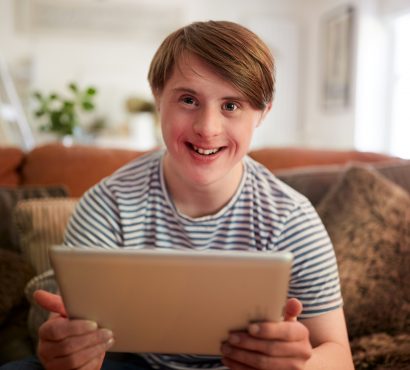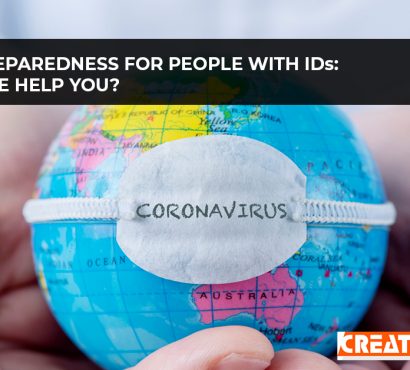I don’t know about you, but I am tired of hearing the phrase “the new normal”. Sure, I miss hugging my elderly parents, I miss my weekly “dine-out” night, and I’m a music junkie so the live music scene beckons me. Yet, I’ve noticed some changes in the world around me that, to be frank, I’m not sure I’d like to see return to pre-pandemic times. I’ve experienced and appreciated the effect of a controlled crowd size on the amount of cell phone activity, registers beeping, lights, and general buzz of conversation in stores. I’ve loved lighter traffic and less road rage. I never realized how eerily close people lurk in my personal space until now. And while I’m an extrovert – getting a break from “peopling” provided clarity of thought and a little more peace in my life.
As we phase back into “normal” life; I’ve become painfully aware of the constant noise and slew of distractions that every day holds. I’ve also developed an edginess of sorts, that I can only imagine resembles the experiences that a person with autism feels every single day. YIKES. I get it now.
In addition to the new level of empathy of people with autism, I also began thinking about the role assistive technology plays in helping them lead their lives and lessen the “noise”.
How Assistive Technology helps people with autism:
Communication
According to data from the Mayo Clinic, nearly half people with autism are non-verbal, which means they have limited ability to use language in a normal way. For these individuals, assistive technology may be the only way to them to communicate their most basic needs to care providers.
For those with autism that have verbal skills, lack of understanding social cues during conversation is a challenge that can lead to frustration, anger, and overwhelm. Avatar-led communications like Evalu8NOW and avatalk provide a non-threatening platform that they can customize and interact with to communicate their feelings and needs. In these instances, assistive technology is utilized as a tool to continue to communicate even after they have reached their “limit” of face-to-face interaction; a go-to when they are done “peopling” for a time.
Avoiding Overwhelm and Maintaining Focus
Children who are on the spectrum are often misdiagnosed with ADHD as lack of attention are symptoms of both. As they grow older, it is also found that in many instances they are able to focus on something like a special interest – even to the point of hyper-focus.
Assistive technology is an ideal “happy medium” that allows them to put on the headphones/cancel out the noise in life and focus on something without distraction. A good app that keeps them engaged while continuing to teach them the skills they need to live more independently is a win-win.
When life gets noisy – it gets overwhelming and no one learns and retains well when feeling overwhelmed. Keeping their daily tasks and schedules on a device with the help of assistive technologies like MeMinder can help keep them on task and engaged with their daily responsibilities even when there are intrusive distractions. It gives them a normal go-to source to help them re-focus and maintain normalcy in trying times while making them more independent.
In either scenario, assistive technology can provide a constant, or a much-needed escape even, in what feels to be a chaotic environment. It offers help without judgment and encouragement without the need for feedback. While the intention of assistive tech is NOT to take the place of person-to-person contact; for people with autism, it provides a source of safety and quiet to block out the noise.
Until next time, find your mind’s peaceful place, stay safe, healthy – and rooted in the positive.
Kerri
References:
How Autism May Affect Sympathy and Empathy, By Lisa Jo Rudy
https://www.verywellhealth.com/do-people-with-autism-lack-empathy-259887



